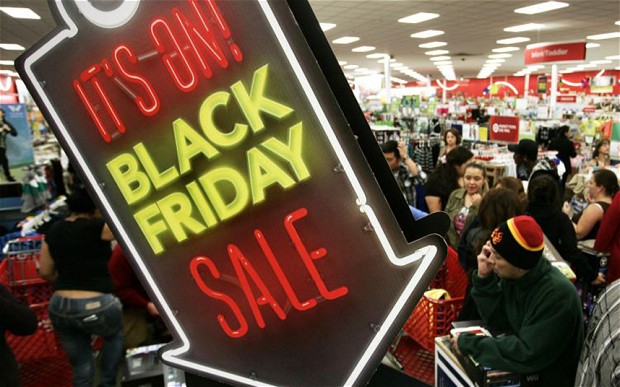Why is Black Friday called Black Friday?

That`s not exactly right, though.
The first recorded use of the term "Black Friday" was in September 1869 when the U.S. gold market experienced a crash after two financiers, Jay Gould and Jim Fisk, bought up the nation`s supply and the federal government was forced to dump more into the market. Scores of people lost their lives savings in the crash and the ensuing scandal helped bring down the presidency of Ulysses S. Grant.
The term showed up again in 1950s when police officers in Philadelphia started using it to refer to the day after Thanksgiving, when traffic jams and pedestrians flooded into the city`s shopping district before the annual Army-Navy football game planned for that Saturday. All those who had to work that day referred to it as a bleak time – or a Black Friday.
Merchants in Philadelphia didn`t really like the connotations that came with "Black Friday" so they tried to coin a new term – Big Friday. The new name didn`t catch on and soon, retailers in the city adapted it to represent the profits that came as a result of the increase in business.
The term spread through the U.S. and by the 1980s, was common nationwide. It has also spawned a series of new special shopping days, such as Cyber Monday, the name given to the first Monday after Black Friday when stores posts online bargains; Small Business Saturday, which highlights deals from local merchants; and Giving Tuesday, which places the emphasis on giving to others.
According to the National Retail Foundation, about 60 percent of shoppers said they shop on Thanksgiving, Black Friday, Small Business Saturday and Cyber Monday, translating to about 134 million bargain hunters.















































